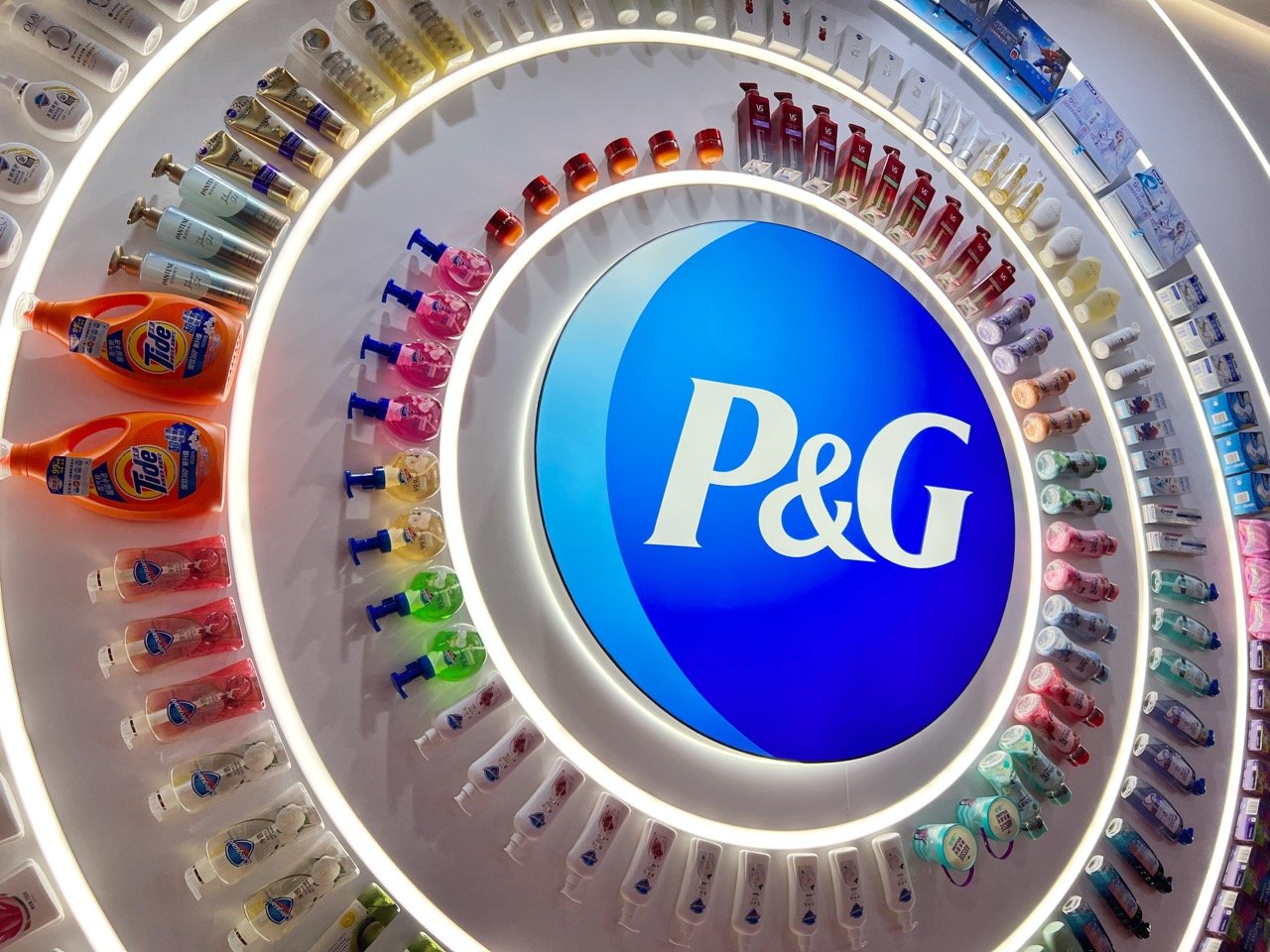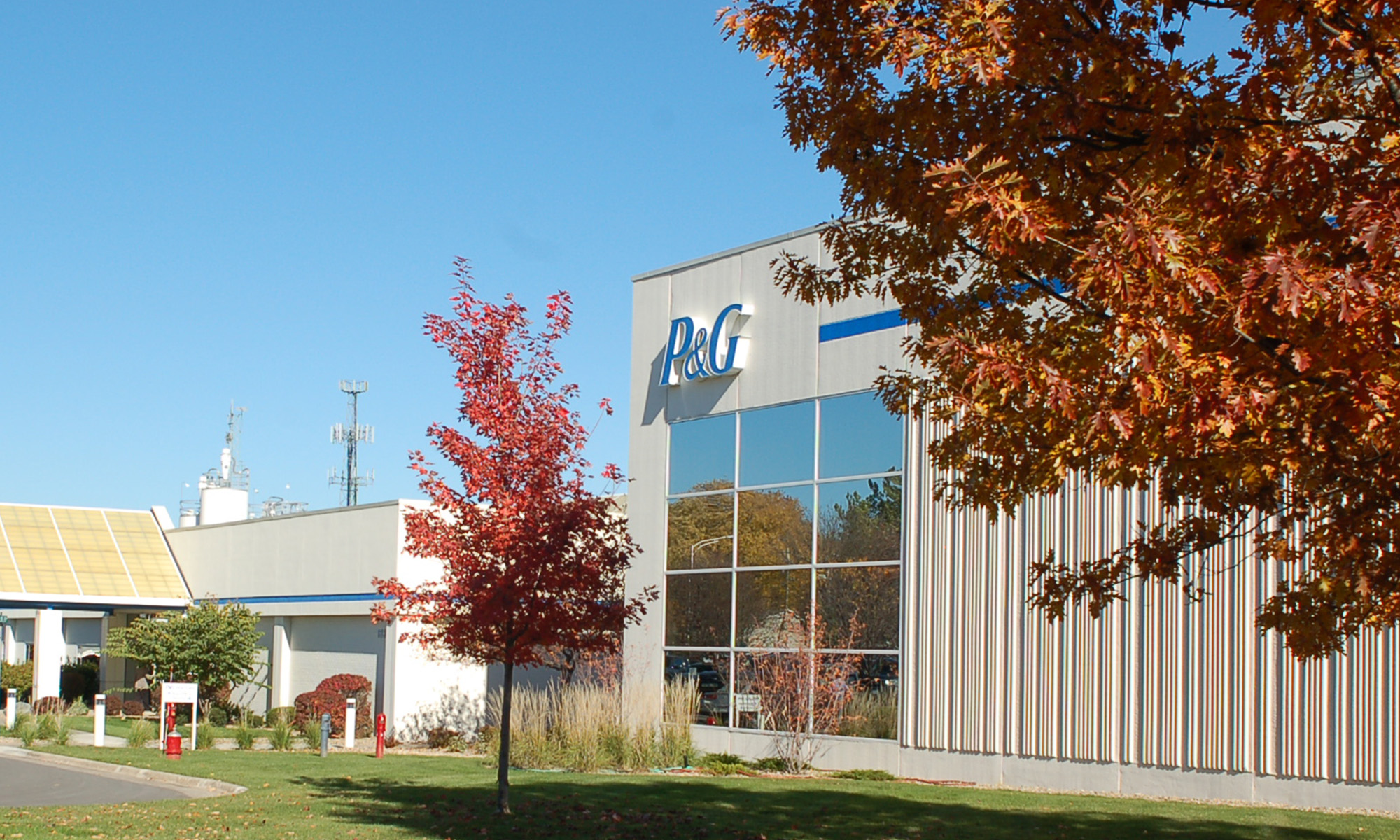In the wake of the coronavirus outbreak, stocks in even the strongest sectors of the market have seen massive sell-offs. This includes some consumer stocks, even while many stores sell out of products like toilet paper and cleaning supplies. Online retailers like Amazon are needing more workers, and even brick-and-mortar grocers like Kroger have announced large-scale hiring sprees.
Investors have begun to circle these stocks already. But Foolish investors need to seek long-term opportunities in consumer stocks rather than make buy and sell decisions based on emotion.
Don't panic
Investors have seen coronavirus-related fears affect their investments as well as their everyday lives. Most schools and many businesses have shuttered temporarily. Those that remain open offer only limited service. Empty shelves, something Americans rarely see except for isolated crises and disasters, have become commonplace in the U.S. in recent days.
This concern has helped to drive down many major indexes, like the S&P 500, by about 30%. For many investors, seeing that kind of drop in their investment portfolios can be uncomfortable.

Image Source: Getty Images
However, both students of history and longtime investors have seen this before. The 2008 financial crisis led to a drop of as much as 57.7% between October 2007 and March 2009. The S&P also lost over 50% of its value between March 2000 and October 2002. Such losses happen in the market and are far from unprecedented.
Also, steady confidence during bear markets typically leads to a bull market for some consumer staples stocks. Since these companies sell the products necessary to sustain life in good times and bad, they tend to remain stable.
Look before you buy
However, recession-proof does not mean foolproof. Many companies, such as General Mills, have suffered as consumer preference for organic and locally grown foods grows over the recent years.
Procter & Gamble also saw its competitive moat erode over time. Companies like it previously relied on name recognition and shelf-space dominance to drive sales. However, e-commerce has made shelf space an unlimited commodity, and with products that others can easily copy, these companies have to work harder to maintain their customer bases.
With stock prices down, investors should remain aware that many stocks are "on sale." But not all consumer stocks have enjoyed a recovery.
Return to the fundamentals
Dividend stocks offer some opportunity as stock price remains uncertain, however. Coca-Cola remains a favorite of Warren Buffett's Berkshire Hathaway. And the stock swoon has taken Coca-Cola's stock price down by about 30% from its February highs.
But it supports a dividend that yields almost 4%, well above the S&P 500 average of about 2.4%. This dividend imposes a high cost as the payout ratio indicates it consumes around 73% of company profits. However, ending a 57-year track record of annual payout hikes could potentially cause yet more unwanted disruptions for the stock. This makes a dividend cut considerably less likely.
The point is that investors can find stocks to buy in the consumer staples sector, but it bears little relation to the panic buying seen in recent days. One can discover these opportunities now, but they should evaluate these companies on the stock's fundamentals and potential for long-term growth, not on empty store shelves.












